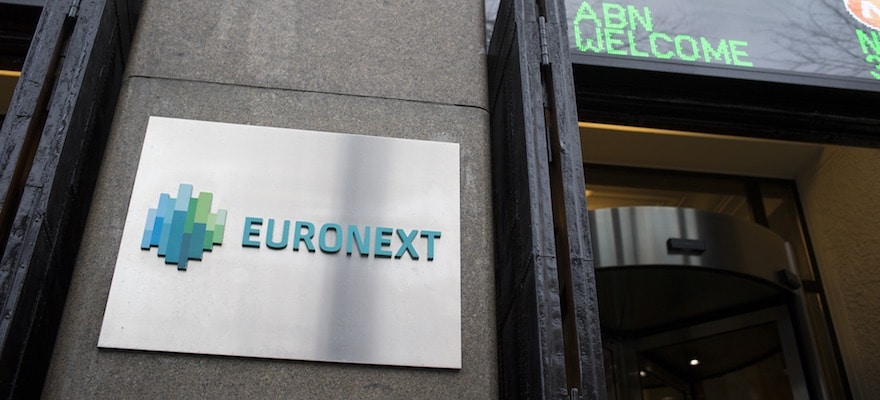Euronext, Europe’s largest exchange, has made additional concessions to the upcoming under Markets in Financial Instruments Directive (MiFID) II regulatory framework, enhancing its Trade Publication and Transaction Reporting Services in a new service offering, according to a Euronext statement.
MiFID II is slated to come into effect in January 2018, however that has not stopped a number of venues and exchanges from preparing for its arrival. Overall, the new tranche of regulatory measures will help fortify Risk Management as well as the transparency across all markets and execution of financial instruments.
In particular, Euronext’s Trade Publication and Transaction Reporting Services will also be bolstered in a bid to help meet a series of requisite obligations specified under MiFID II. Despite receiving some delays, the current trajectory of the legislation remains on track for January 2018, which comes with several post-trade requisites.
These include, among others, an obligation to make public post-trade information for all asset classes, as dictated by the Approved Publication Arrangement (APA). Moreover, groups will be required to disclose transactions to the competent authorities, which will cover all financial instruments including equities, derivatives, futures, and others. The primary method for this will be through the deployment of an Approved Reporting Mechanism (ARM).
Presently, Euronext already boasts an existing Trade Publication and Transaction Reporting Service suite – however its latest initiative will see a revamped and re-engineered platform to help to support a powerful suite of MiFID II-compliant reporting tools to support customers. The exchange’s new services will be available for testing throughout the duration of 2017, covering the cash, commodity, and derivatives markets.
As per the augmented services, all investment firm trading MiFID II instruments across Europe, which does not stipulate Euronext membership, will be granted benefits from a user-friendly and stable entry system to report and publish transactions, with access to all major EU regulators and across the European marketplace.
Earlier this month, Euronext made headlines after it reported its standout June volumes, sparked by the volatility of the Brexit referendum. The latest figures constituted a strong performance that pared the majority if its Q2 declines in volumes.


















